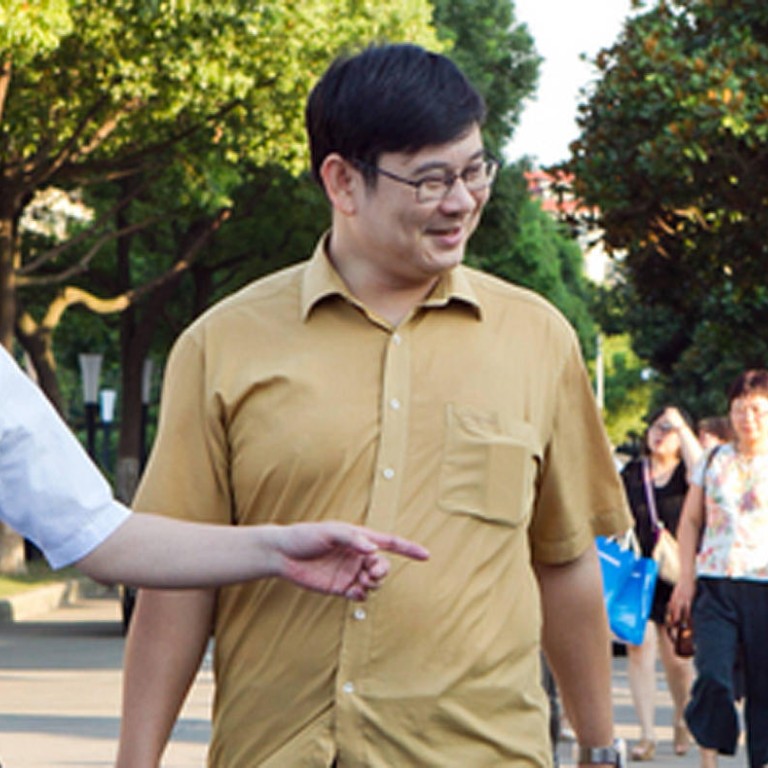
Appointment of 3 professionals to government posts could spark bold reforms - or revolt
The decision to appoint three outside professionals on contract to senior posts could be a catalyst for change, if the government follows through
Shanghai's decision to look outside government to fill three key municipal posts has won plaudits from the public. The additions were seen as a step towards making government more professional and efficient.
To hire three deputy directors, the city's southern Fengxian district recently broke the long-standing practice of promoting from the civil service ranks and considering , the informal network of personal favours and connections that governs much business in China.
Instead, the district enlisted a lawyer, an asset manager and a corporate executive on one year contracts to help it cut red tape.
The three hired were Li Ming, a law firm partner and a veteran lawyer to be a deputy director of the justice bureau; Shao Nan , a founding partner with an asset management firm to fill the deputy post at the economic planning agency and Lu Lei, an assistant to the CEO of a international business advisory firm to work as a deputy director of the science and technology committee.
Although it was only a baby step towards reform in the way the city selects its cadres, Sha Hailin, head of the Communist Party's United Front Work Department in Shanghai, expressed high hopes for the three new appointments.
Sha's statement was a clear message that the trial run was intended as a concrete measure towards reform, rather than political window-dressing. He encouraged the new official to shoulder their responsibilities and become trouble-shooters.
The Fengxian district government said it would continue to recruit three "outsiders" to fill the deputy director posts at various departments each year.
But will the government go beyond such trial runs to bring about meaningful change to the city's moribund civil service?
At a time when the public increasingly views the bureaucracy as a hotbed for corruption and a stumbling block to the mainland's continued growth, the cadre system is in urgent need of reform to soothe concern and maintain social order.
In 2009, a scheme by Shanghai district police to blackmail unlicensed taxis provoked public ire and tainted the image of local civil servants. Just this week, four senior judges at the Shanghai Higher People's Court were suspended after surveillance footage showing them cavorting with prostitutes was leaked on the internet.
Government sources say the scandal has already prompted the city leaders to step up efforts to clean up the civil service system, with many of them worried about their job security.
For several years, the city's top officials have been mulling a plan to reform the civil service system, with citizens sarcastically describing cadres as holders of "iron rice bowls" - that is, safe well-paying jobs.
Many believe that elites outside government, including self-employed professionals, private entrepreneurs and technocrats who work for multinational firms, could fare better at policymaking and regulation than the existing cadres. The Shanghai government said the city has an untapped talent pool of more than four million professionals.
All eyes will be on these first three outsiders. Their success over the next 12 months will almost certainly see the trial programme expand. But that will not be easy.
Above all, the outsiders must gel with their colleagues in government agencies if they are to fully utilise their expertise to implement their ideas.
That has proven difficult in major state-owned firms that have hired dozens of senior managers via public recruitment campaigns. Few outsiders survive the rigid bureaucracy and power struggles within the state industrial giants.
Similarly, if the city were to dramatically expand its recruitment of outsiders for key policymaking roles, it could expect to face a wave of obstructionism from the more than 100,000 civil servants forced to relinquish their power.

